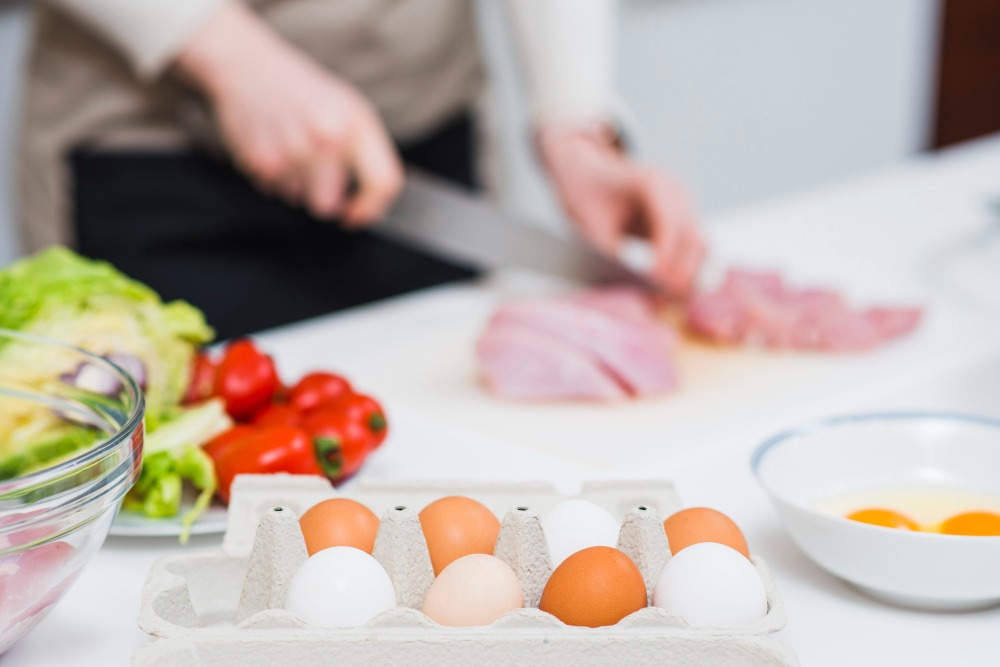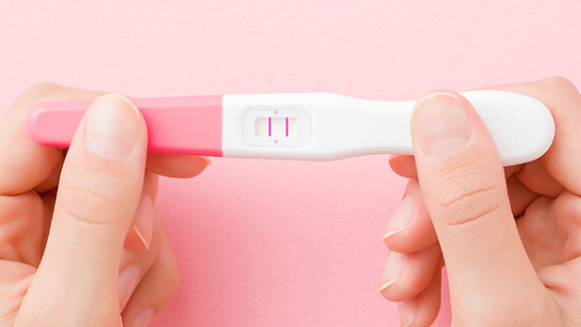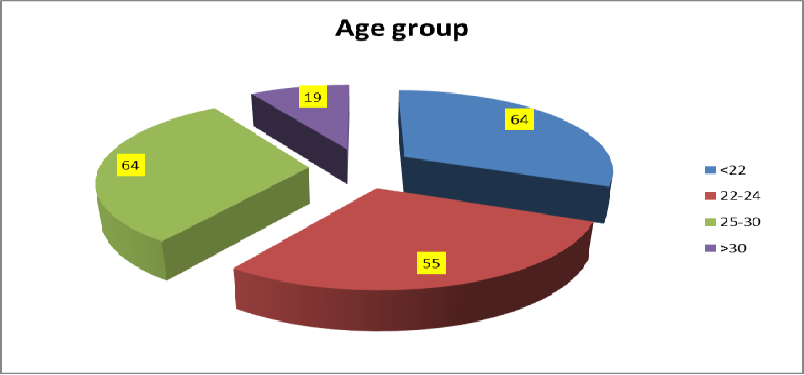Introduction
Pregnancy is a unique time in a woman’s life, characterized by the excitement of nurturing a new life and the concerns surrounding ensuring optimal health. The role of diet during this critical period cannot be overstated, as what a pregnant woman consumes directly impacts her well-being and that of her unborn child. However, some foods may pose risks, potentially increasing the chances of complications, including miscarriage.
Understanding Miscarriage
Miscarriage refers to the spontaneous loss of pregnancy before the 20th week. Its causes vary, ranging from chromosomal abnormalities and hormonal imbalances to issues with the placenta or uterus. It’s important to note that diet, too, can influence pregnancy outcomes. While the connection between certain foods and miscarriage isn’t always direct, an unsafe diet can increase the likelihood of infections or exposure to harmful substances, potentially leading to miscarriage.
Read More: These Foods Can Cause Miscarriage In Early Pregnancy
Categories of Risky Foods
Some broad categories of foods that pregnant women should approach with caution include:
A. Uncooked/Undercooked Animal Products: These can contain harmful bacteria or parasites.
B. High-Mercury Fish: Mercury is a heavy metal that can harm a baby’s developing nervous system.
C. Certain Dairy Products: Unpasteurized dairy products may contain Listeria, which can lead to severe infections.
D. Raw Sprouts and Unwashed Vegetables: They can harbor harmful bacteria.
E. Certain Caffeinated Beverages: Excessive caffeine can potentially increase the risk of miscarriage.
F. Alcohol: No safe level of alcohol during pregnancy has been established.
G. Processed Foods: They often contain high levels of sodium, sugar, and unhealthy fats, and some also contain preservatives that could be harmful.
Detailed List of 25 Foods That May Pose Risks During Pregnancy
Let’s delve into the specifics of certain foods:
- Sushi: Many types of sushi, particularly those containing raw fish, pose a risk of parasitic infection.
- Raw or undercooked eggs: These can harbor Salmonella, leading to food poisoning.
- Raw or undercooked meat and poultry: They can contain harmful bacteria like Toxoplasma and Salmonella.
- Unpasteurized milk and cheese: These may harbor bacteria such as Listeria, causing severe infections.
- Deli meats: They can potentially contain Listeria and are best avoided unless heated until steaming.
- Certain types of fish (e.g., shark, swordfish, king mackerel): These are high in mercury.
- Raw sprouts (e.g., alfalfa, clover): They can harbor harmful bacteria such as E. coli or Salmonella.
- Unwashed fruits and vegetables: They can carry various harmful bacteria, including Toxoplasma.
- High-caffeine energy drinks: Excessive caffeine may increase the risk of miscarriage.
- More than moderate coffee intake: While some caffeine is usually okay, too much can be harmful.
- Alcohol: Alcohol can cause a host of problems for the developing baby.
- Processed/junk food: These can lead to excessive weight gain and other health problems.
- Uncooked seafood: Like sushi, it can contain harmful parasites.
- Liver and other organ meats: They are high in Vitamin A, too much of which can be harmful to the baby.
- Certain herbal teas: Some herbs used in teas are not recommended during pregnancy due to their potential effects on the uterus.
- Unripe papaya: It contains a latex substance that might cause contractions.
- Certain types of canned fish: Some canned fish may contain high levels of sodium and mercury.
- Licorice: Real licorice can increase blood pressure and potentially lead to preterm labor.
- Aloe vera: Consuming aloe vera can cause uterine contractions.
- Pre-packaged salads: They may contain Listeria if not properly handled or stored.
- Excessive amounts of Vitamin A-rich foods: Large amounts can be harmful to the baby.
- Unpasteurized juice: This can harbor harmful bacteria like E. coli.
- Excessive amounts of certain nuts like pine nuts: They can affect hormonal balance when consumed in large amounts.
- Excessive soy products: While generally safe, they should be consumed in moderation due to their phytoestrogen content.
- Excessive amounts of processed meats: They can be high in nitrates, sodium, and preservatives.
Read More: How Many Raw Eggs Can Cause Miscarriage?
Dietary Precautions During Pregnancy
Remember that a balanced, nutritious diet is paramount during pregnancy. Include diverse, healthful foods rich in essential nutrients, and take prenatal vitamins to cover any nutritional gaps. Regular medical checkups are vital to monitor both the mother’s and baby’s health. Safe food preparation and storage can also help prevent foodborne illnesses.
Conclusion
Navigating the world of pregnancy dietary do’s and don’ts can seem overwhelming, but armed with the right information, you can make the best choices for you and your baby. Always remember to consult healthcare professionals regarding your diet during pregnancy.





